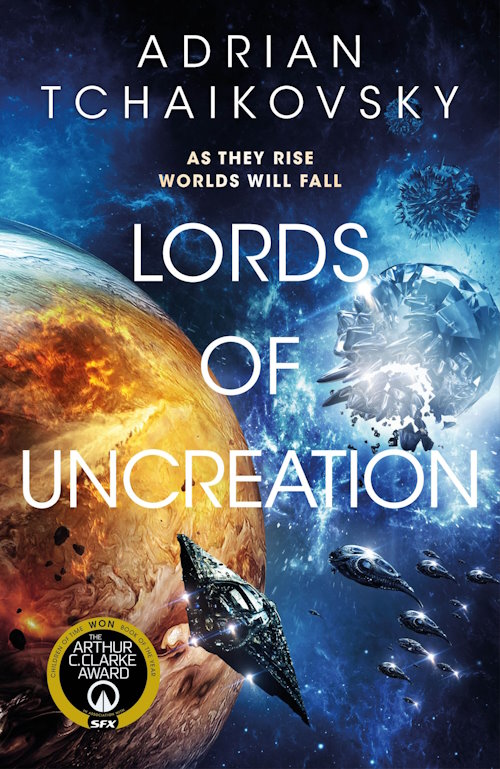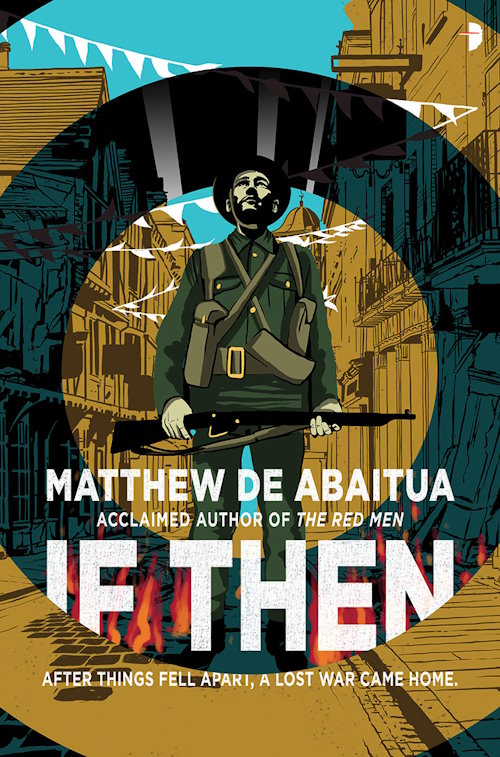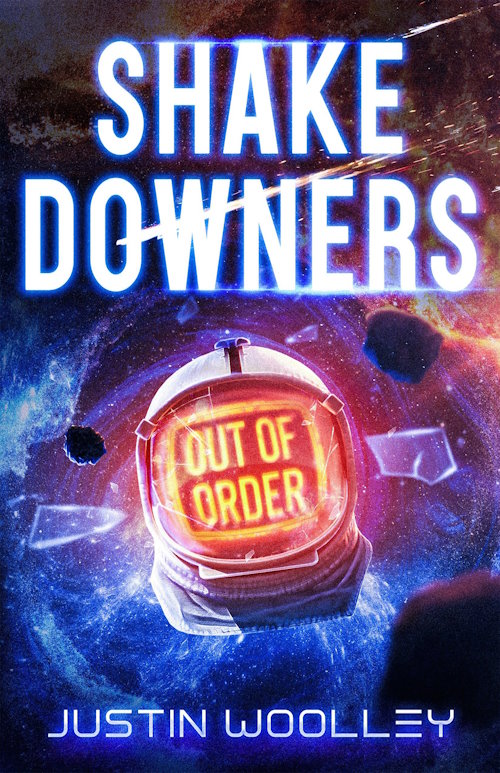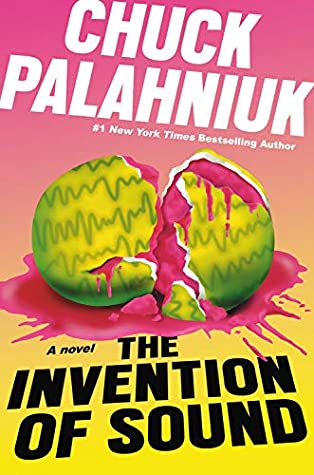Singularity, by William Sleator

I have no idea who recommended me Singularity, by William Sleator. It was probably a horror channel or something. The idea in it, as well as its metaphorical interpretation, are pretty cool. Unfortunately, the writing style, characterization and plot are so bad I couldn't keep reading.
So here is the story of a family who had prepared a two week vacation for the parents alone, also taking draconian measures that the two twin boys remaining home would have absolutely no fun. "But we're 16, we shave!" - a valid argument - is ignored. So here come the news of the dying of a forgotten relative which leaves them a mysterious country house. So here's the idea: how about the kids go keep people from vandalizing the house while the parents are on vacation, completely unsupervised, in a different environment than they are used to, on the advice and in the 10 minute care of the local lawyer who they had not met before? Perfect!
The two boys are as different as black and scared. One of them is a full on psychopath, while the other is a soft scared little shit. They get there and immediately meet a random neighboring girl of the same age. They also discover just as fast a "singularity" of time and dimension with weird (and inconsistent) properties. One boy wants to "experiment", the other just wants to be careful and play with his dog, the girl seems to have no personality whatsoever.
The cartoonish simplicity of the characters and the writing style makes the whole thing, narrated of course first person from the perspective of the "weak but good" brother, unbearable to read for me. And there are these leaps of logic and robotic reactions of the characters that are simply grating. There is this moment where the dog dies. One brother cries, the other and the girl go to eat and then have a swim. Yes, it's that dumb.
It's a really short book, but after approximatively a third in, after the dog thing, I've decided I would not continue. There are spoiler synopses of the book online, I've read those, yes, interesting premise, terrible execution.













